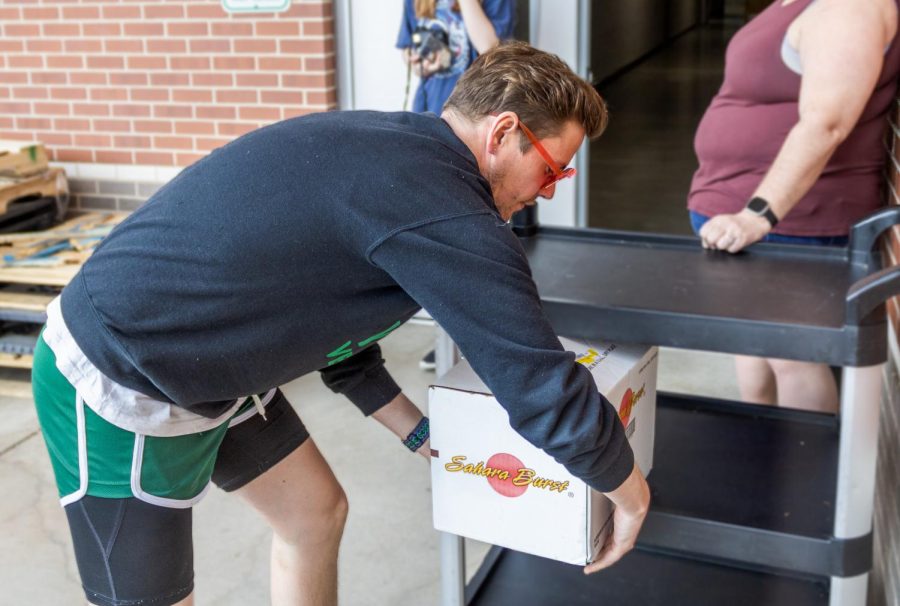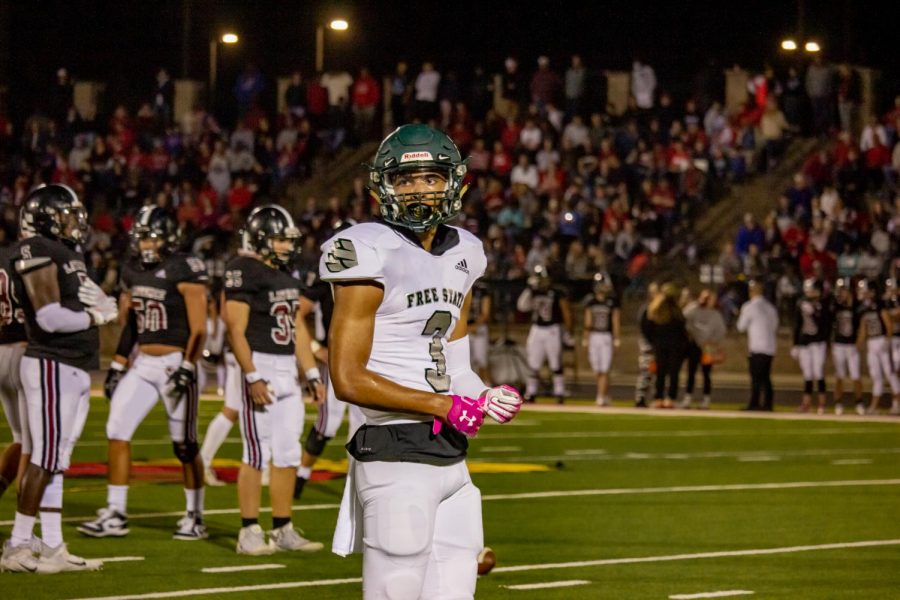Mary Gregory
Sophomore Mary Gregory doesn’t want to be here for the rest of her life. She would cry if she couldn’t go somewhere else for college.
Her grandparents want her to go to school near them in Florida, but Gregory has other plans.
It’s fun, but I don’t want to live there,” Gregory said. “ It’s always hot there.”
Gregory hopes to pay for her college tuition with a “scholarship of some sort” and thinks that going to one college for two years and another college for a second two years would be cool.
“I’m thinking KU or Georgia Tech because they both have really good architecture programs,” she said. “I’m kind of leaning toward architecture right now.”
Grace Miller
Ivy League may not be the easiest choice, but some consider it the best. Junior Grace Miller, a member of the volleyball team, wishes to continue her sport into college–an Ivy League college. Miller wants to play at Yale or Brown.
“I know they’re Ivy Leagues,” Miller said. “So it’s a big deal, but we’ll see.”
She is also interested in neuroscience and psychology, which she may study in college. Miller is shooting for the Ivies because of their smaller class sizes and topic-specific courses.
“When you get down to smaller classes, you’ll usually have smaller groups so it’s easier for you to learn the material better,” she said.
Miller has been looking into financial aid to help pay for her Ivy League dream school. She also hopes that volleyball will help her pay as well.
“I know [Ivy Leagues] don’t offer scholarships for sports,” Miller said. “But they usually find ways to get you money if they want you on their team bad enough.”
Getting a job is her priority after college. She wants to do something that she enjoys and that is beneficial to people.
“Thats my main focus is helping others through what I do,” she said.
Tommy Finch
Sophomore Tommy Finch isn’t too concerned about life after high school. He doesn’t know what he plans to do, but college isn’t his top priority.
Cost is also a drawback.
“[I only want to go to college] somewhat,” he said, “because it could put me in to a lot of debt, and I don’t know what I field I want to go into yet.”
Finch believes that people should go to college if “they go into a field that needs a teacher to do [the career].”
Because different colleges have different strengths, he doesn’t want to decide what college he will go to right now, if he goes at all, since his career path is still undecided. He is adamant; however, that he will not go to community college.
“Making money isn’t that hard,” Finch said. “You don’t need to have some piece of paper saying that you’re smart.”
Joel Frederick
Counselor Joel Frederick feels that the only downside to attending college is the staggering cost.
“It’s astronomically expensive,” he said.
But Frederick also believes postsecondary education is an investment in the future.
“There are many, many benefits to going,” he said. “In fact even if you’re not one-hundred percent sure when you start college what you want to do chances are by taking some classes . . . you’ll find out what you want to do, and then you’re employable.”
Frederick thinks that if students have chosen a career that they will enjoy, then it would be fine to start right after high school. He does feel, however, that they should get some sort of training.
“If it’s not traditional college . . . maybe some sort of apprenticeship or training program. One of the community colleges or VoTech schools,” he said.
Even though he feels that students can make many things work after high school he sees graduating college as beneficial to finding a job.
“A college diploma carries some weight too when you’re looking for jobs,” Frederick said.


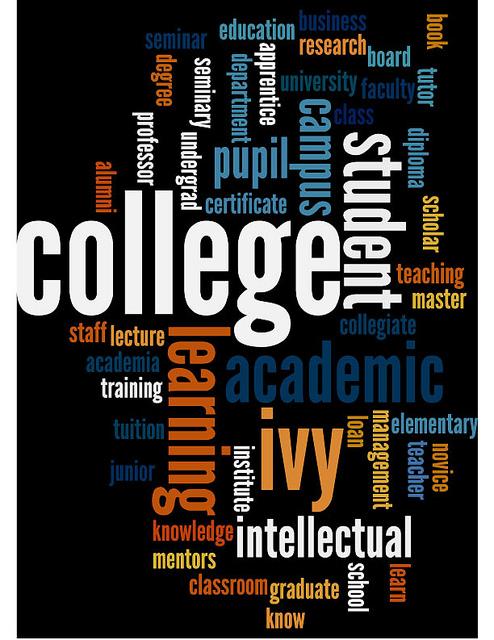

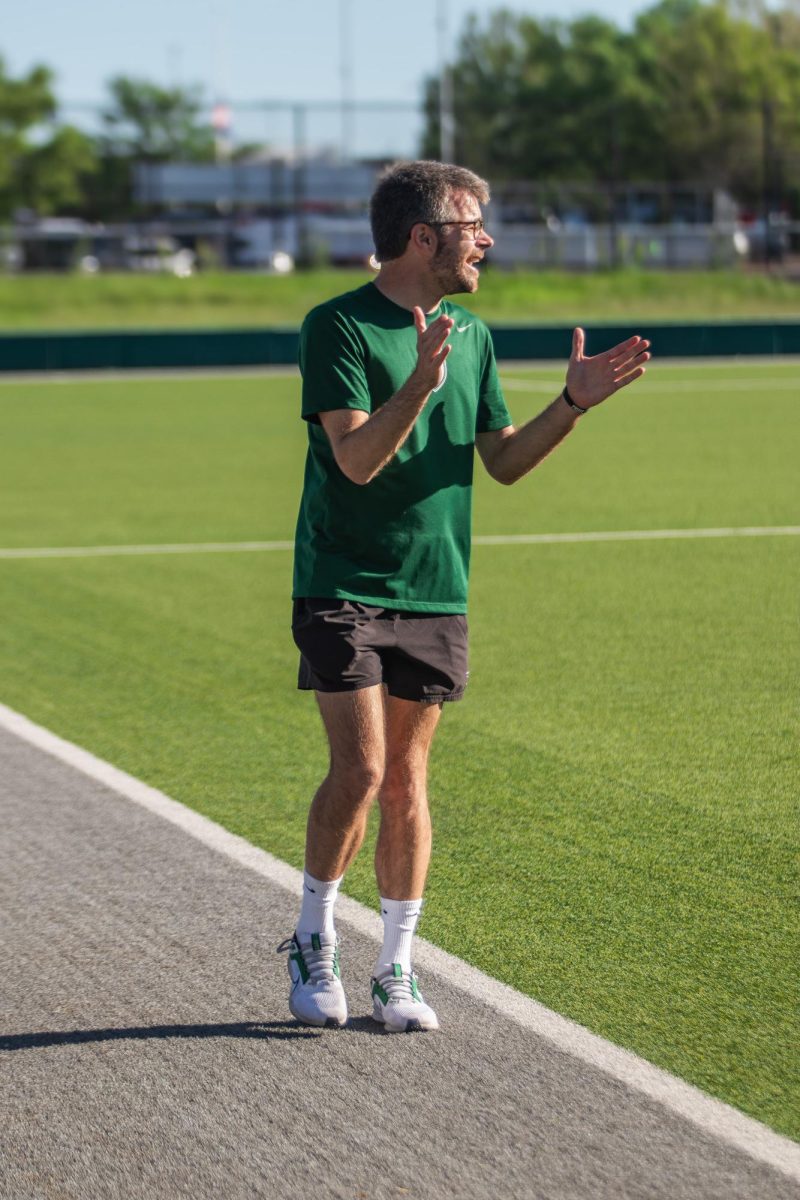


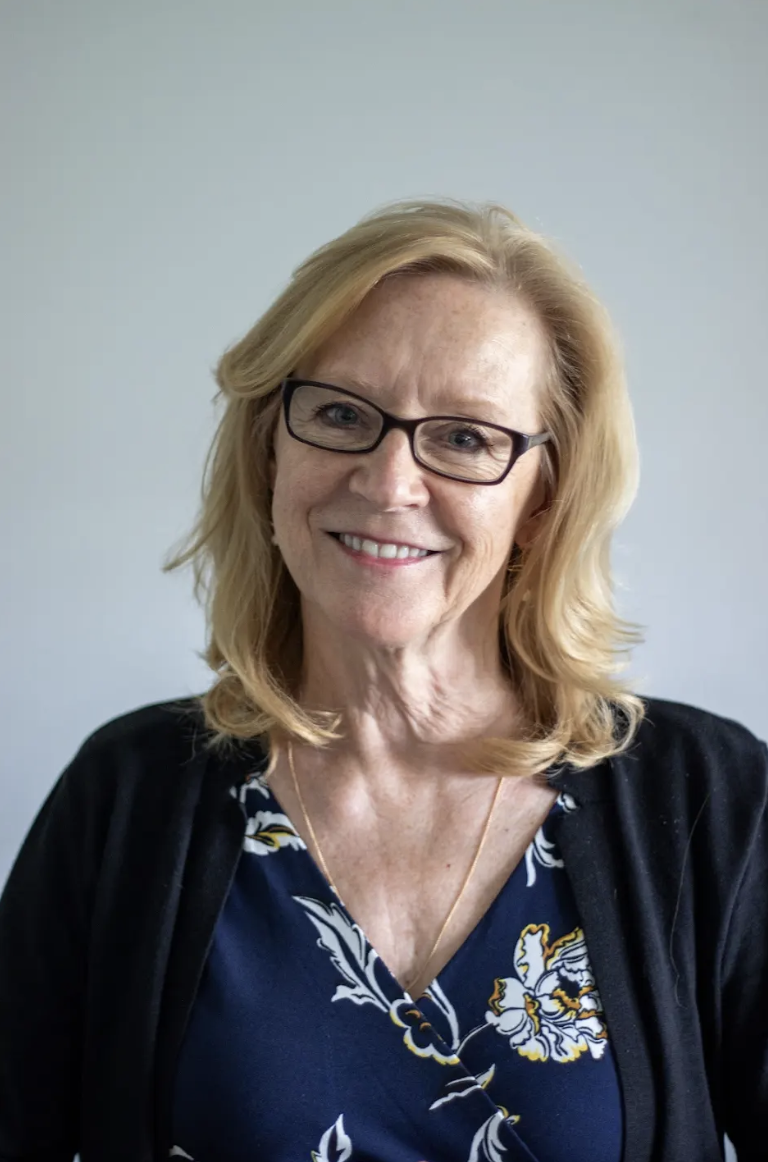
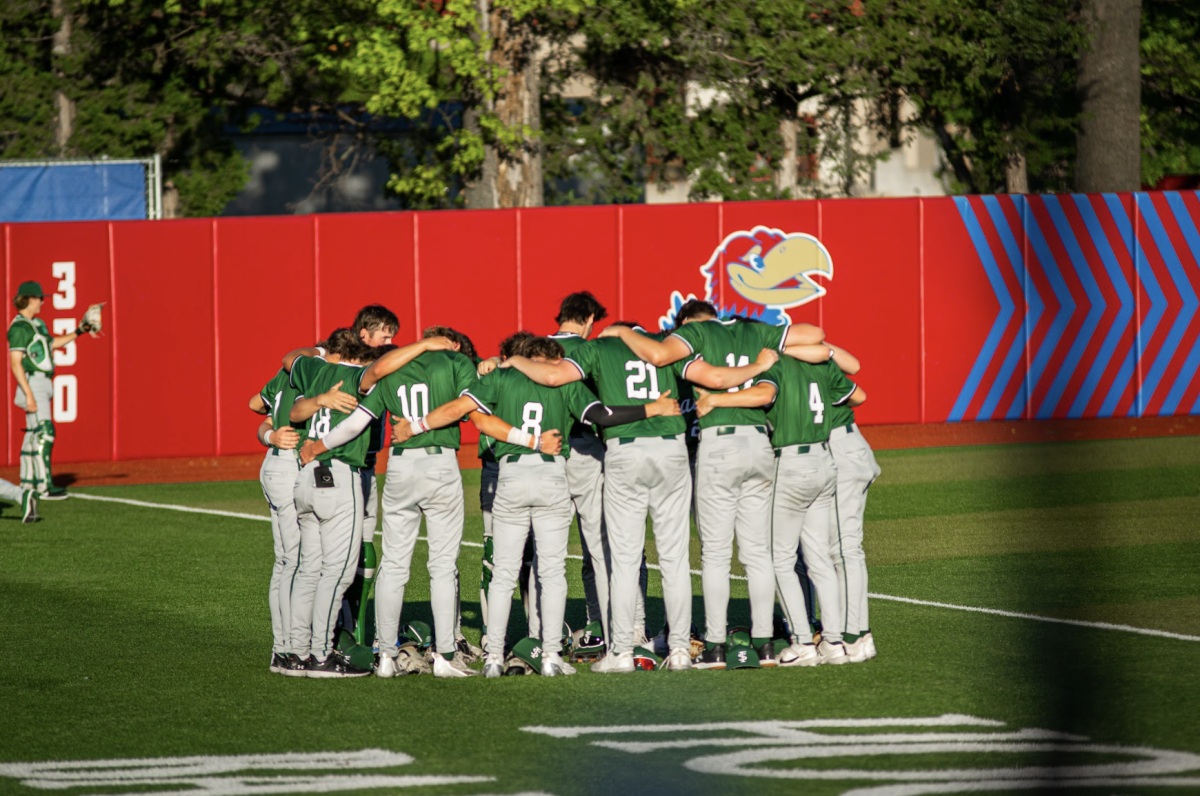
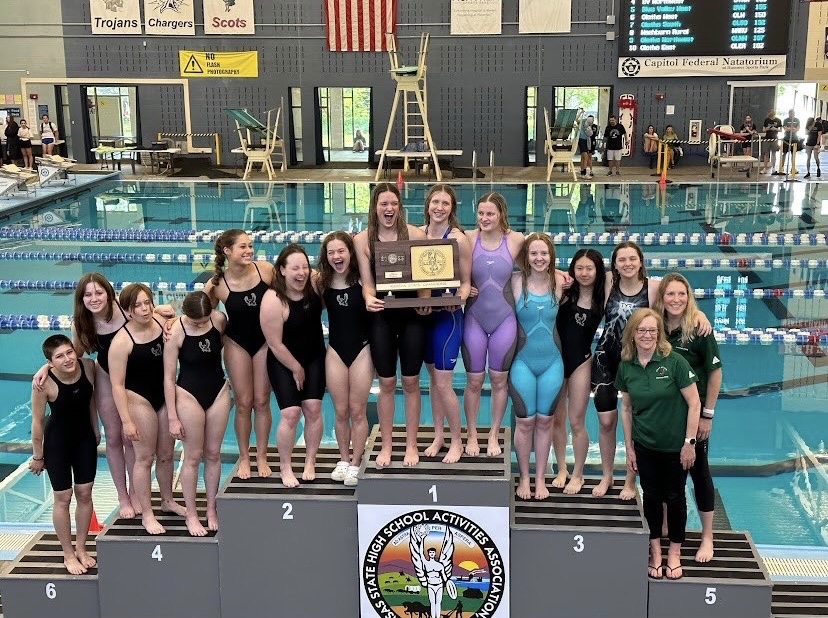
![After receiving advice from her students, orchestra director Judy Erpelding marks her music. Although the director normally makes the artistic decisions, Erpelding will often consult her students and hear their opinions on what sounds good and what they should try out. “[The students] are the heart of the program, not me,” Erpelding said. “I know they will carry that on and I will miss them. Making great music with them, being able to challenge them, taking their inspiration.”](https://www.fsfreepressonline.com/wp-content/uploads/2023/05/Roust_Erpelding_5_11_23-600x900.jpg)
